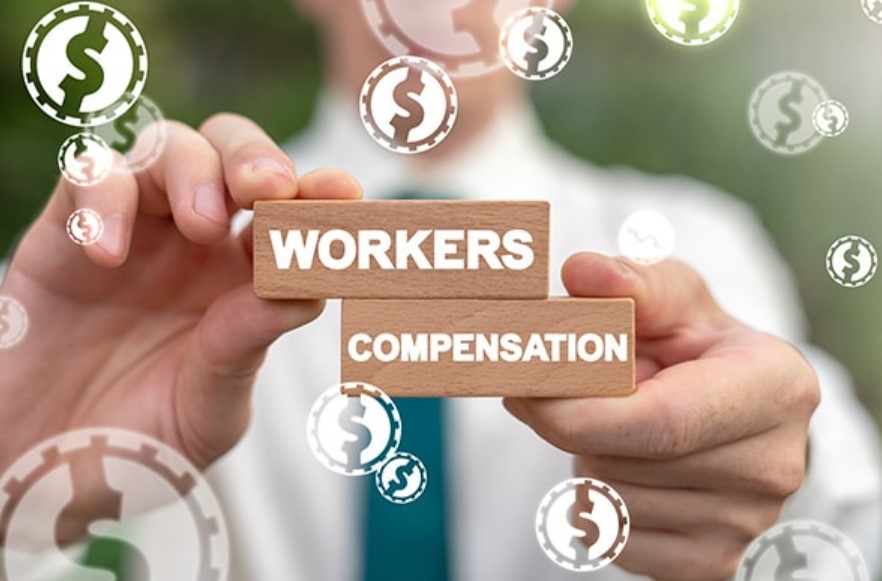As you are reading this article, we can assume that you met with an accident at the workplace and got injured. That injury costs you a hell lot of medical bills along with loss of wages.
In this case, your employer is bound to pay you the medical bills along with a part of the lost wages, as in order to get the compensation, you do not need to prove anything or the fault of your employer.
Till now everything is fine.
But what if the accident is just a result of the negligence of your employer. Some particular types of work require special safety measures. And it is the responsibility of the employer to take care of all those things.
In case the employer fails to do that or completely neglects the fact, and eventually, any employee gets injured. The employee can sue the employer. Here, in this article, we will talk about that only.
How Worker’s Compensation Works
Worker compensation is actually a system which allows workers straightforward access to every type of compensation when they are getting injured on the job. In order to collect the compensation, the injured workers are not required to show whose fault it is.
As per the worker’s compensation, the medical bills along with the partial lost wages will be taken care of by the worker’s compensation.
The unknown part is that, in exchange for this particular right, the workers rarely get the opportunity to sue their employers directly for injuries the employees suffer while they are working.
Exceptions To The Rule
Now, we know what worker’s compensation is all about. But this also comes with an exception. Here we will talk about that now.
In some unusual circumstances, workers are completely allowed to sue their employers. The particular rules and regulations vary from one state to the other. In general, the rule is all about negligence on the part of the employer, merely entitles the workers only to work comp.
In case the employer has gone far beyond the usual negligence, but at the same time putting employees at risk deliberately at risk, the worker might be capable of filing a lawsuit against the employer.
Filing a lawsuit always needs more effort, time, and investment than obtaining worker’s compensation benefits solely. However, the monetary award might be greater. The outcome of each case always depends on the specific laws and facts of the situation.
New Jersey Worker’s Compensation Law
In case the employer had committed anything “intentional wrong” when the employer failed to ensure the safety measures, which would have prevented the construction injury of the worker.
Necessarily, it does not indicate that the employer intended for a worker to be hurt. What that actually indicates is that the employer must have an idea about what safety measures should be taken. Still, it chose not to take care of those things.
It means that you need to prove that your employer has neglected potential damage, and due to that, you met with an accident and got hurt. The brief of the worker’s compensation exception is this.
It means in case you met with a potential accident and got injured, which can be easily prevented by taking some safety measures, but your employer chooses to stay aloof, you can file a worker’s compensation lawsuit.
FAQs (Frequently Asked Questions)
We know that when it comes to worker’s compensation, you have a lot of confusion and doubts. That is why we are also answering some of the most common questions people often encounter when they have to deal with worker’s compensation.
Q1: Can You Sue For Pain And Suffering In NJ?
In case an individual gets an injury and that too as a result of another individual or entity’s negligence in the State of New Jersey, the victim always has the legal right to seek compensation for their injuries from a professional working compensation attorney who specializes in the field of civil law.
The injuries can be both mental and physical. These types of compensatory damages are called “pain and suffering” compensation.
Q2: How Long Do I Have To Sue For Work-Related Injuries In NJ?
As per section 2A:14-2, an individual has a time period of 2 years in order to file work-related injuries in New Jersey. The countdown of this starts from the day when the accident takes place.
